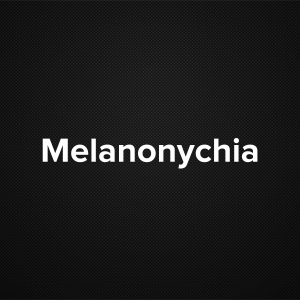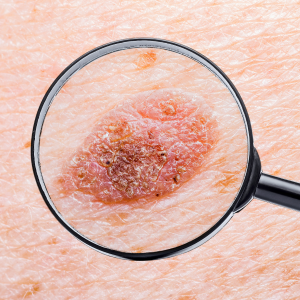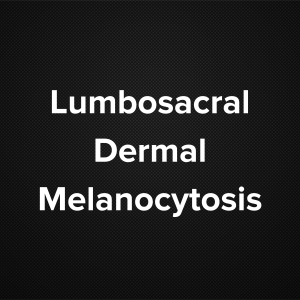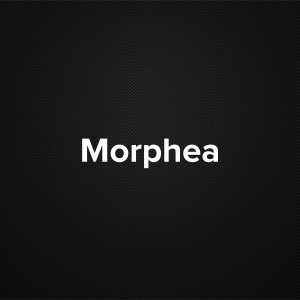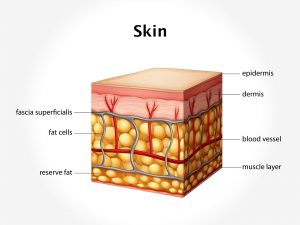Causes and risk factors
Allergy to certain chemicals and food substances is the most common cause of itch. Bites by certain insects like mosquito or bee stings can also cause itching. Dry skin due to poor hydration is more prone for itching. Certain skin diseases like psoriasis, dermatitis, scabies etc present with itching as the main complaint. Certain systemic diseases diabetes, anemia, thyroid diseases, uremia, polycythemia are some predisposing factors causing itch. Certain infective and inflammatory conditions can also lead to itching.
Clinical presentation:
As the name suggest itch is the complaint with which the patient comes up. The patient has a great desire to scratch. Scratching can lead to redness and soreness of the skin of the affected part. Severe scratching can lead to bleeding also. The skin may become dry. Eruptions or blister may be seen. Infections due to viruses or bacteria like varicella or herpes zoster also have itching as one the complaint. Prolonged itching and scratching can lead to secondary infection.
Investigations:
The symptoms narrated by the patient are taken into consideration along with this a local examination of the affected area is carried out by the dermatologist. The routine blood test and test for allergy are the first recommended investigation. To find out the underlying diseases thyroid function test, renal and liver function test, blood sugar levels are done.
Treatment:
The dermatologist can recommend certain anti histaminic drugs along with corticosteroid ointment. Use of calamine lotions (Not for prolong use in dry skin). Medications may vary as per the underlying cause of itch.Maintaning of good skin care needs to be implemented. Use of appropriate skin moisturizer is suggested specially for dry skin. Adequate hydration and balanced nutrition intake is necessary
Recent updates:
An article published in the journal Nature Neuroscience reveals, that the researchers at Johns Hopkins University have identified nerve cells which are solely responsible for detecting itchy sensations.





